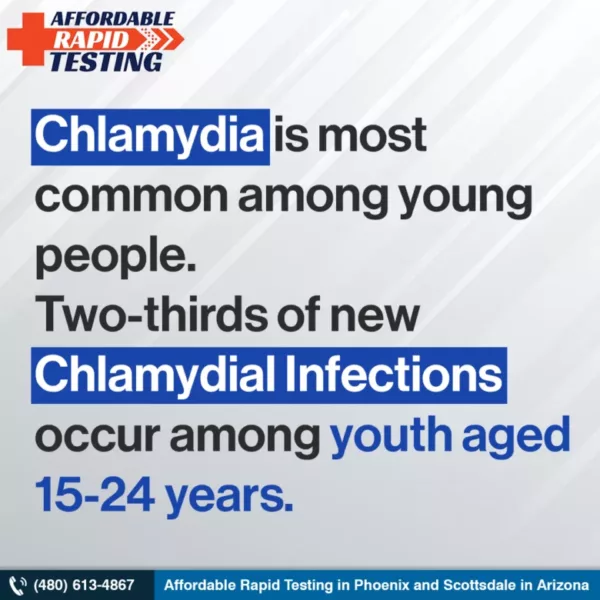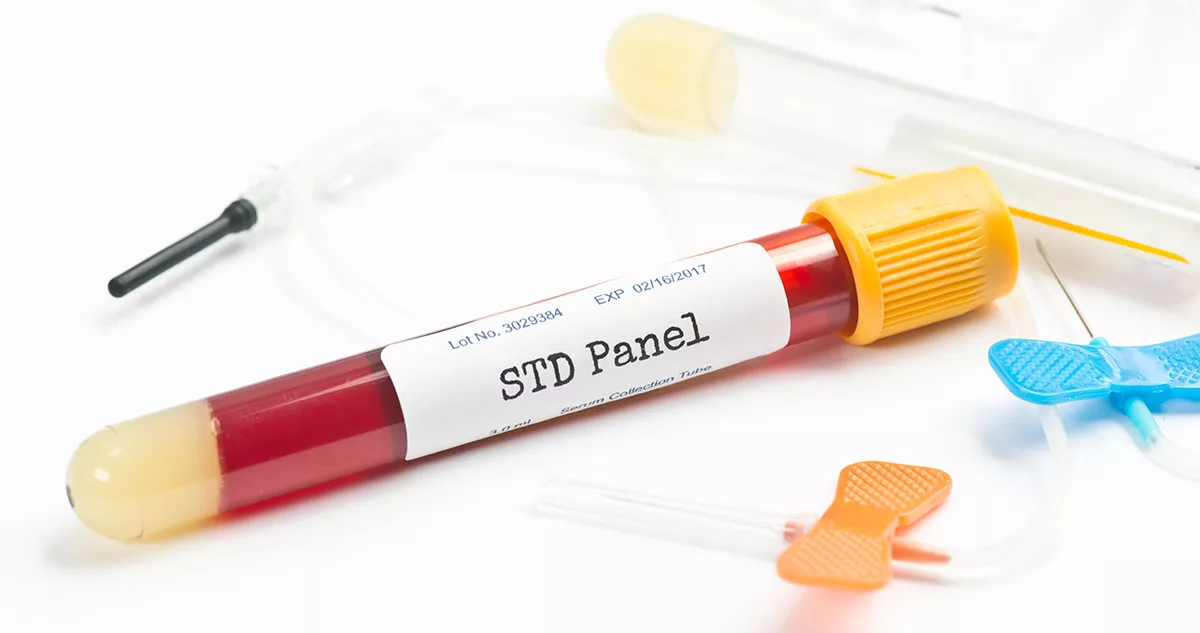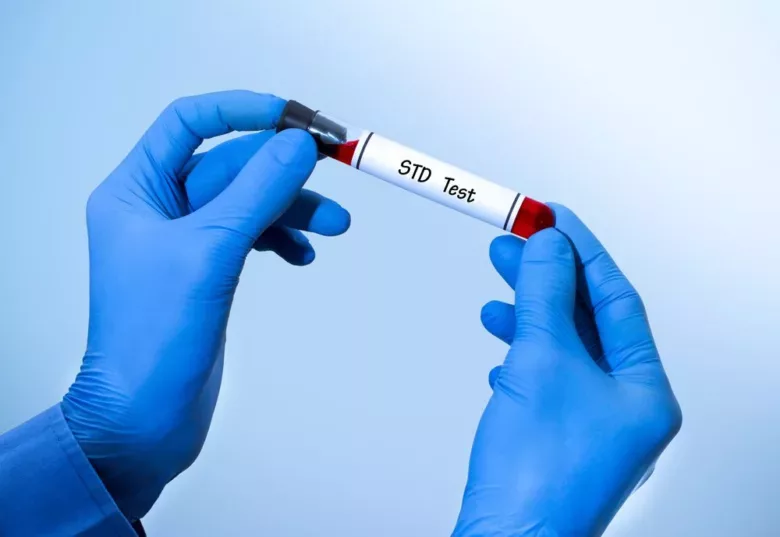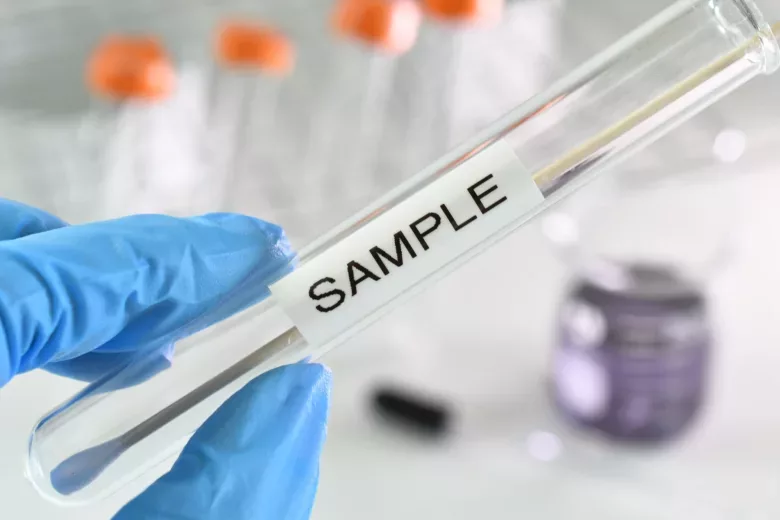In recent years, sexually transmitted infections (STIs) have become a growing concern, particularly among young adults. Chlamydia, caused by the bacterium Chlamydia Trachomatis, is one of the most prevalent and often asymptomatic STIs affecting this demographic. It is spread through sexual interaction, including anal, vaginal, and oral intercourse. Chlamydia can occasionally be asymptomatic, which means infected people may not exhibit any obvious signs or symptoms, so regular STI testing is essential.
According to the Centers for Disease Control and Prevention (CDC) the most common STDs to be reported in the United States, with a prevalence rate that is highest in people under 24 years old. This blog aims to create awareness about Chlamydia, its effects on young adults, and how crucial it is to encourage safe sexual behavior to stop the spread of the disease.
The Prevalence of Chlamydia Among Young Adults
Young adults who engage in sexual activity, especially those between the ages of 15 and 24, are the group most likely to contract this STD especially if they have no prior knowledge. Chlamydia transmission is more likely to occur when young individuals engage in certain activities, like irregular condom use and unprotected intercourse. The prevalence of Chlamydia in this age group may also be increased by substance abuse and alcohol usage, which can result in unsafe sexual practices. It is also possible to contract Chlamydia in a faithful relationship:-
- Prevalence in Women: Chlamydia is the most commonly reported sexually transmitted infection among young women, ages 15 to 24. According to research, the structure of their reproductive systems make bacterial transmission easier via sexual contact. Young women are more susceptible to Chlamydia. If left untreated, Chlamydia infections in women can result in major health issues such as pelvic inflammatory disease (PID), premature birth, and infertility.
- Prevalence in Men: Men, in contrast to women, are more likely to be asymptomatic carriers of the virus, which means they might not show any symptoms at all. Because there are no symptoms, a diagnosis may not be made for some time, which may result in unintended sexual partner transmission. Men who have untreated Chlamydia may develop urethritis, epididymitis, and, in rare instances, problems with fertility.
Impact on Young Adults
Chlamydia can be difficult to identify without routine STD testing since it frequently causes no symptoms in both men and women. Due to the possibility of unknowingly transmitting the disease to their sexual partners, this adds to the high prevalence rates among young adults. Young adults may face many hurdles when it comes to healthcare access (financial hardship, self-consciousness, etc.) which can prevent them from getting tested and treated for Chlamydia promptly.
However, it is imperative to get treated regardless of how young you are if the symptoms arise. Young individuals who contract Chlamydia may experience serious physical, psychological, and reproductive effects:
- Long-term Health Risks: Women who have Chlamydia may develop pelvic inflammatory disease (PID), which inflames the reproductive organs if the infection is not treated. PID increases the chance of ectopic pregnancy, a potentially fatal disorder, as well as persistent pelvic pain, fertility issues, and other health issues.
- Risk of Infertility: Untreated Chlamydia can harm the reproductive organs and leave scarring, which makes it difficult or impossible to conceive in both men and women.
- Increased HIV Susceptibility: Chlamydia promotes inflammation which makes it simpler for HIV to enter the body, which increases the risk of catching the virus if exposed to it.
- Reinfection and Transmission: Young individuals are more likely to unintentionally spread the disease to their intimate partners if they are not aware of their disease or do not complete treatment. This may result in a cycle of transmission and greater Chlamydia spread.

Promoting Awareness and Safe Sexual Practices
It is critical to raise awareness of the problem and stress safe sexual behavior to prevent the rising Chlamydia incidence among young adults. Here are a few methods to accomplish this:
- Comprehensive Sex Education: It is essential to implement thorough sex education in institutions and schools. It should contain details on STIs, such as Chlamydia, and stress how crucial it is to use condoms regularly and correctly to lower the chance of transmission.
- Encourage Open Dialogue: Encourage a friendly atmosphere so that young adults can openly discuss their sexual well-being with their partners and healthcare providers. A more informed decision-making process can result from promoting open communication.
- Regular Screening: Advise young adults to have routine Chlamydia screenings, especially if they engage in sexual activity or have many partners. An early diagnosis and prompt treatment are made possible by routine testing.
- Testing and Treatment of Sexual Partners: To avoid re-infection and further spread of the infection if a single partner tests positive for Chlamydia, both partners must undergo STI testing and treatment.
- Promote Condom Use: Inform young individuals on the value of routinely and appropriately using condoms as a barrier strategy to stave off STIs, particularly Chlamydia.
- Limit Sexual Partners: Encourage young individuals to avoid having too many sex partners and to try to stick to a monogamous relationship. The likelihood of contracting Chlamydia and other STIs can be decreased by limiting the number of partners.
- Regular Checkups: Even if there are no symptoms, encourage routine visits to the doctor. Early testing and treatment can prevent Chlamydia issues and enhance general sexual health.
- Partner Notification Services: Use communication systems to discreetly alert sexual partners of possible Chlamydia exposure when they are available. This encourages couples to quickly get tested and treated.
Choose STD testing services with Affordable Rapid Testing
Chlamydia is a common and preventable STI that significantly impacts young adults’ health and well-being. Since Chlamydia is typically an asymptomatic illness, it is important to get checked out and treated by an STD testing specialist as soon as possible. Affordable Rapid Testing offers STI testing services that are simple, trustworthy, and inexpensive. Chlamydia can be combated by promoting awareness, encouraging safe sexual practices, and providing regular testing and treatment.
Affordable Rapid Testing provides exceptional STD testing services such as walk-in STD testing that guarantees complete discretion and same-day results. Youth empowerment will reduce Chlamydia rates and improve their sexual health while promoting healthier and more fulfilling lives. For additional details, see Affordable Rapid Testing’s official website.


